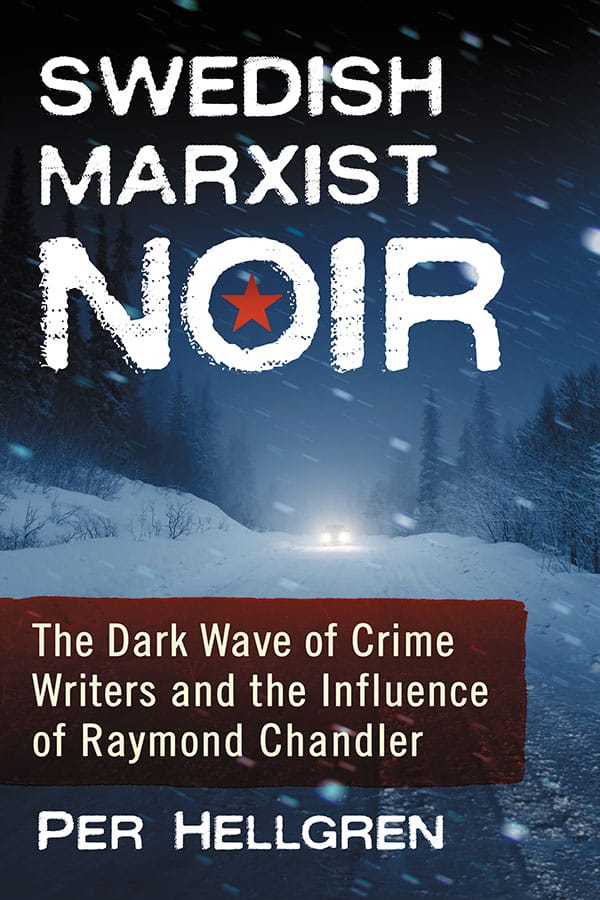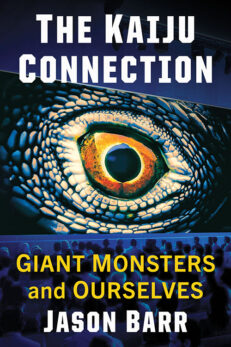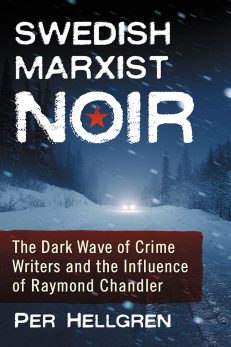Swedish Marxist Noir
The Dark Wave of Crime Writers and the Influence of Raymond Chandler
$55.00
In stock
About the Book
Marxist theories have had a profound influence on crime fiction, beginning with the works of the American writers of the 1930s. This study explores the development of a Swedish Marxist noir subgenre after the 1990s through a Marxist reading of central works, from the Marlowe novels of Raymond Chandler to the 1960s social crime fiction of Sjöwall-Wahlöö to modern bestselling authors such as Henning Mankell, Stieg Larsson, Roslund & Hellström, Jens Lapidus, Arne Dahl and others. The works of these writers show a common thread of Marxist worldview in their portrayal of a modern world gone wrong.
About the Author(s)
Bibliographic Details
Per Hellgren
Format: softcover (6 x 9)
Pages: 265
Bibliographic Info: notes, bibliography, index
Copyright Date: 2019
pISBN: 978-1-4766-7371-4
eISBN: 978-1-4766-3415-9
Imprint: McFarland
Table of Contents
Acknowledgments ix
Preface 1
Introduction: Marxist Noir at the Gates 3
1. A World Gone Wrong: Raymond Chandler 29
2. The Accord: Per Wahlöö and Sjöwall-Wahlöö 46
3. The Fall from Grace: Henning Mankell 79
4. The Collapsed Dream: Stieg Larsson 94
5. Excavating the Swedish Underbelly: Roslund & Hellström 128
6. A Brave New Sweden: Jens Lapidus 150
7. Sleuths of the Post-Political Condition: Arne Dahl 164
8. The Age of the Manhunter: Lars Kepler 190
Conclusion: The Dialectics of Crime Fiction 206
Chapter Notes 221
Works Cited 238
Index 247
Book Reviews & Awards
• “Detailed and informed…provocative study”—Crime Time
• “This book brings valuable pieces to the captivating puzzle that Nordic Noir has become…the author pursues his thesis with considerable elegance…Hellgren delivers quite well on his dialectic ambitions, and Swedish Marxist Noir offers a convincing account of how ideology, politics, and crime fiction interacted from the 1960s until today. …a well-researched, well-written and -structured, and interestingly argued account of the origins and ideological evolution of Nordic Noir…a valuable contribution”—Scandinavian Studies





